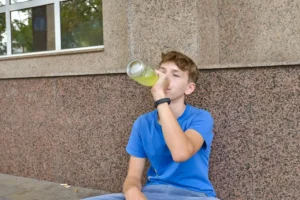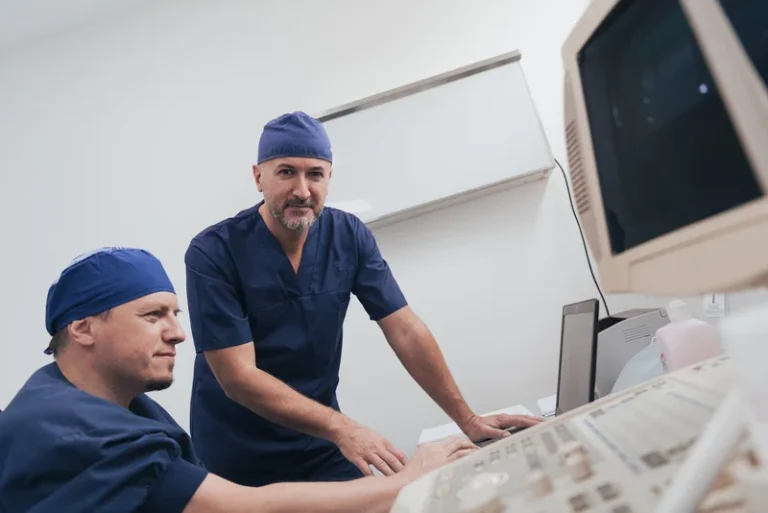
One evidence-based model for enhancing engagement in this scenario is Strategic Structural Systems Engagement (Szapocznik et al., 1988), which was developed on samples of high-risk youth. When you begin your journey toward recovery, your family members may also need the support of mental health professionals. Brown notes that the ongoing recovery stage can be a time for creating healthy relational dependence within the family and understanding that recovery is a process, not an outcome. For many in recovery, the support of family is critical to them achieving and maintaining sobriety.
Table of Contents
Rationale for Increasing Family Involvement in Youth SUD Services
Dr. Richard Crabbe joined our team in 2019 as our psychiatrist and medical director. He attended the University of Ghana Medical School where he became a Medical Doctor in 1977. From 1978 through 1984, he was a medical officer in the Ghana Navy and provided a variety of services from general medicine to surgeries. He received his Certificate in General Psychology from the American Board of Psychology and Neurology in 2002.

Preparing to Speak to Your Loved One
The well-researched science of behavior change establishes that addictive behavior change, like any behavior change, is a process that starts long before there’s any visible shift in activity. A support group is any group of people that meets, either in person or online, to discuss a particular aspect of mental health or emotional well-being. Having a substance use disorder and starting recovery might feel isolating, which may affect your relationships with family and friends. Our Multiple Pathway Partners specialize in clinical and other treatment services for addiction, mental health and more. In other cases, neither youth nor caregivers successfully engage with a provider during routine outreach procedures for SUD services.

What does it mean to have substance use and co-occurring mental disorders?
- In this role, Shannon developed, implemented, and maintained policies and procedures for the operation of the compliance programs and its related activities to prevent illegal, unethical, and improper conduct.
- Effective planning includes establishing healthy routines, ongoing counseling or therapy and sometimes continued participation in support groups.
- He received his Certificate in General Psychology from the American Board of Psychology and Neurology in 2002.
- Providing these kinds of tangible supports to your recovery can make all the difference in terms of staying on track and building a healthy and balanced lifestyle.
- • Identity—shifting towards a new, positive view of oneself, one more aligned with one’s deeper values and goals, one built on self-confidence gained by acquiring new skills and new behaviors.
Deciding whether to allow a family member to leave rehab early is a complex and weighty decision, however. This decision requires careful consideration of individual circumstances and treatment progress. Family members can be a non-judgmental listening ear to help you work through problems related to your drug abuse problems. They may provide insight and advice and help you find strategies family support in addiction recovery to cope with difficult emotions or situations. Whether it’s our drug use, our laws, or the treatment options we have on offer, the US frequently stands out. Inspired by the courage of civil rights lawyers he attended and graduated from Hofstra University School of Law, where he went on to practice law in the fields of criminal justice, civil rights and general practice.
From there, engagement interventions are used to encourage attendance and enhance readiness and motivation to participate actively (Becker et al., 2015). These factors appear to be similar in the limited research on transition-age youth (Kim et al., 2012). Family support groups, such as Al-Anon and Nar-Anon, offer a valuable resource for individuals and family members affected by addiction. These groups provide a supportive and understanding community where family members can share their experiences, gain knowledge about addiction, and find comfort in knowing they are not alone. Family support groups offer several benefits, including emotional support, education about addiction and recovery, and the opportunity to learn coping strategies and healthy boundaries. Family involvement can significantly enhance the effectiveness of professional addiction treatment programs.

Joe has often said that “…every crisis shines a bright light on our strengths and weaknesses”. Indeed, the strength of Exponents that was gleaned from the COVID https://ecosoberhouse.com/ crisis, was the forging of a “community of hope”. Family-based residential treatment programs can be a beneficial option for parents struggling with addiction.

Family Detox Programs
- If inpatient care does not provide you with the options you are looking for, outpatient care might be a good opportunity.
- Quickly turning to tele-health and tele-visual individual and group counseling sessions, as well as establishing a 24-hour crisis hotline, Exponents retained over 95% of its program participants.
- Encouraging honest discussions about feelings and experiences can help identify potential triggers early.
- When a friend or family member is living with an alcohol addiction, it’s only natural for you to want to help.
